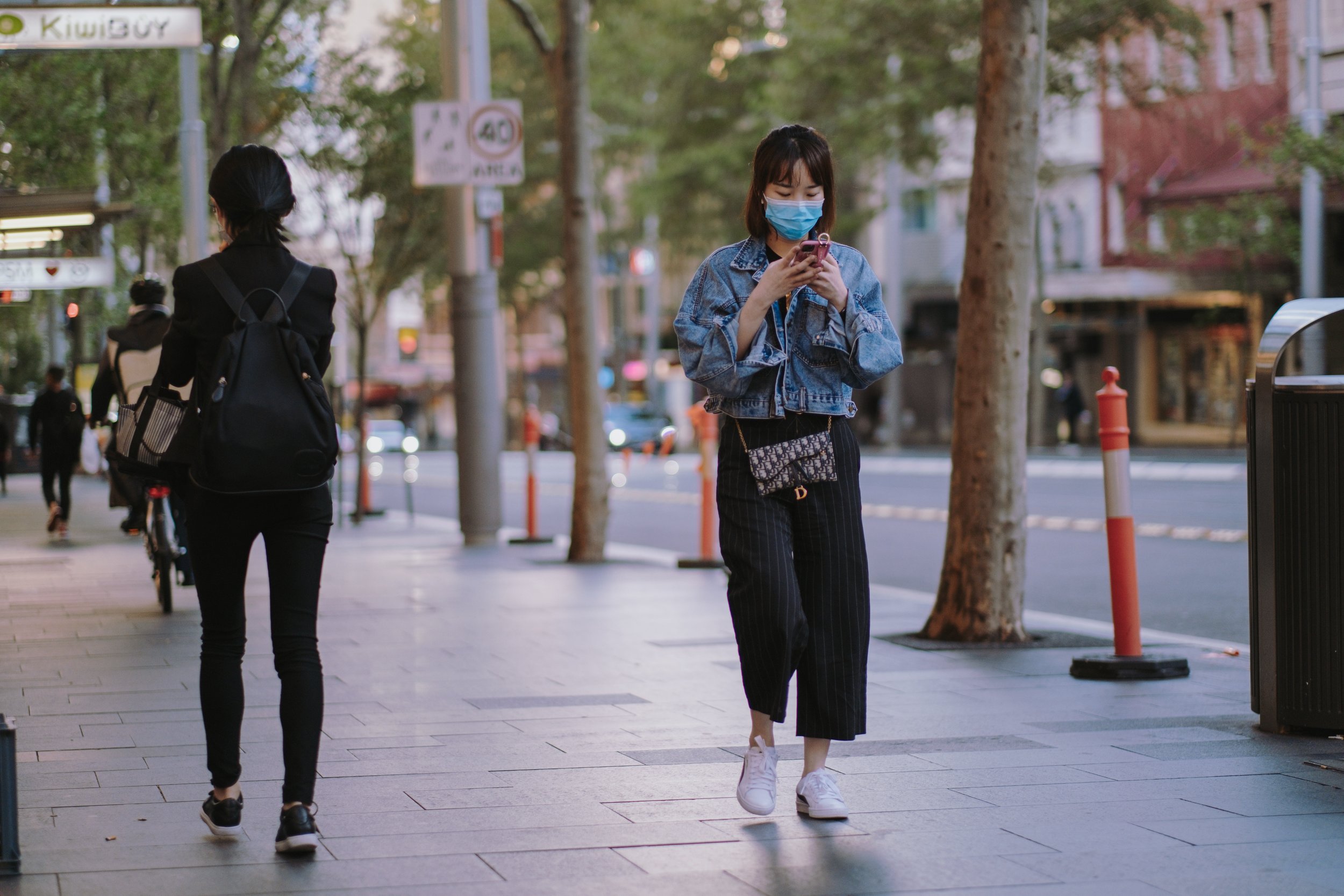How much sleep do we need & is oversleeping a thing?
Being sleep deprived is real, but sleeping too much can also cause health problems
Text: Livvie
I’ve always been a sound sleeper. My mum tells me that as a baby I was sleeping through the night well ahead of my peers, and I am still an 8-hours sleep a night (minimum) kinda girl. As a result of increased global anxiety a lack of sleep appears to be rife, leading on to issues such as stress and depression and even causing the coining of the phrase ‘coronasomnia’. But what about if you’re oversleeping or sleeping too much? Can this ever be a health problem?
To get some answers about how much sleep do we need, I spoke to Dr. Lim, Medical Director of the Singapore Neurology & Sleep Centre at Gleneagles Medical Centre.
Eight hours of sleep is often quoted as the ideal amount of sleep to get each night. Is this truly a blanket rule for all?
Actually, the 8-hour rule is no longer the recommended amount of sleep per night. Multiple recent studies that explored mortality rates in relation to sleep habits showed that the lowest mortality rate, in fact, correlates to those who sleep an average of 7 hours per night.
It’s difficult to sleep for an exact number of hours every night. I’d say that, in general, anything from 7-9 hours is the ideal amount you should be getting. However, this is not the same for everyone, and the amount of sleep we need is intrinsic to unique biological factors. Outside of the average sleeping range, we typically categorise people into long sleepers (who need 9-10 hours a night) and short sleepers (who need 5-6 hours a night).
Does the amount of sleep we need change with age?
Biology aside, age is one of the biggest factors in how much sleep you should be getting. Babies sleep for around 16 hours a day, whereas a teenager needs around 8-10 hours to function normally. When we’re in our early twenties, our sleeping habits tend to stablise and most people will fall into the average bracket (7-9 hours sleep a day). In elderly people we find that their sleep habits alter again and they need less sleep than younger adults.
How much sleep is too much?
How much sleep you need is very much dependent on your unique biological makeup, as well as your age and lifestyle. If you’re a longer sleeper (e.g someone who tends to need 9-10 hours per night), but you feel refreshed and healthy when you wake up, then this is not something that you need to be concerned about. You are simply somebody who needs a little more shut eye.
However, if you’re sleeping a lot, but feel unwell and unrefreshed, this could be a sign of a more serious disorder, and I would recommend that you visit your doctor to explore this further.
Is it true that we can ‘catch up’ on sleep if we miss a good night’s kip?
If you’re somebody who typically sleeps 7 hours a night, and last night you slept only 5 hours, then you are sleep deprived by 2 hours. It is advisable to catch up on these missing hours as soon as possible to avoid playing with your sleep pattern too much.
If you only managed 5 hours sleep every night during the week, then by the weekend, you will be sleep deprived by 10 hours. Again, it’s advisable to catch up as soon as you can so that your body is not under the strain of sleep deprivation, which can cause irritability. However, with longer periods of sleep deprivation, you actually only need to catch up on around one third of the hours. This is because ‘catch-up sleep’ is more efficient — our body will actually fall into a deep sleep much faster, and so we need to sleep less to make up the lost time.
What are your tips for a healthy sleeping pattern?
The key thing we can all do to ensure we maintain a healthy sleeping pattern is to have a regular sleep/wake cycle, meaning that we go to bed and wake up at around the same time every day. The same way that a regular diet and routine is good for our bodies, a regular sleeping pattern helps our body to function at its best. Too much change in routine can cause internal chaos, and may disrupt our mood or appetite, for example.
In terms of ensuring a sound, solid, sleep, I would recommend daily exercise — typically, working out just after the work day has finished will help you to ‘switch’ off your mind, but will still leave enough resting hours before you go to bed to enable you to feel fully relaxed. Additionally, avoiding caffeine (especially later in the day) and alcohol are both things that will help to avoid disruptive sleep.
About Dr. Lim Li Ling
Dr. Lim graduated with a Bachelor of Medicine and Bachelor of Surgery (MBBS) from National University of Singapore, before obtaining her Master in Medicine and was admitted Member, Royal Colleges of Physicians (UK). She was trained in Neurology, Sleep Medicine and Clinical Neurophysiology at the Cleveland Clinic Foundation in Cleveland, Ohio. She is also a diplomate of the American Board of Sleep Medicine. Today, Dr. Lim is the Medical Director of the Singapore Neurology & Sleep Centre at Gleneagles Medical Centre. She is also the Principal Investigator in a National Medical Research Council (NMRC) funded Sleep research study on Sleep Disorders in Parkinson’s Disease. She had received several awards and grants for her research work in Sleep Medicine.












